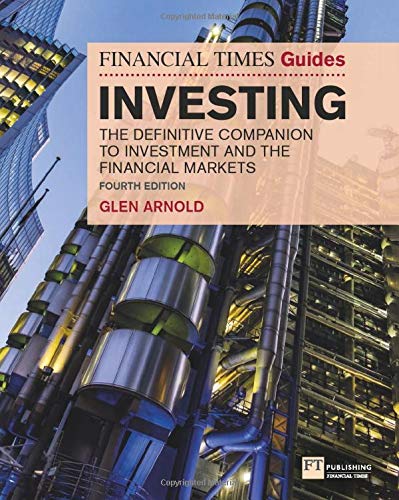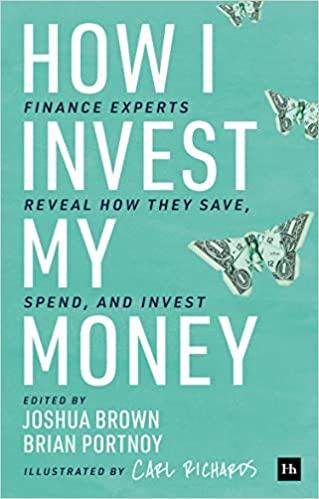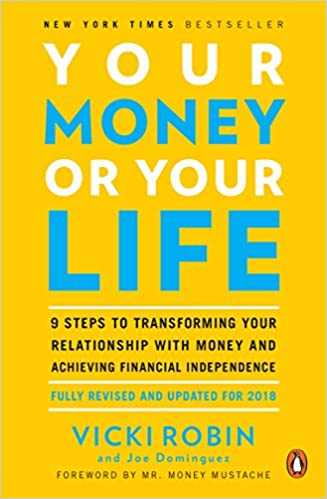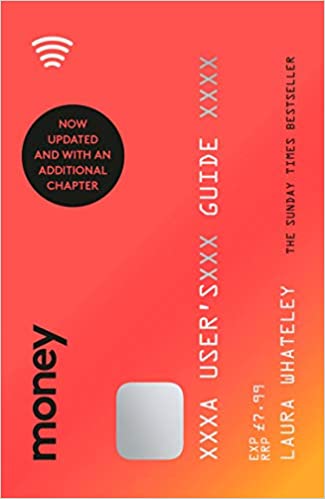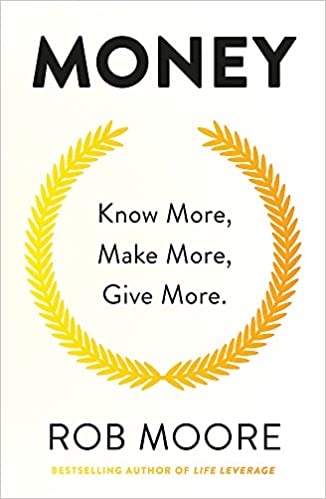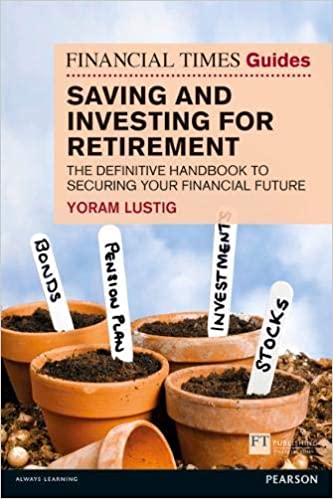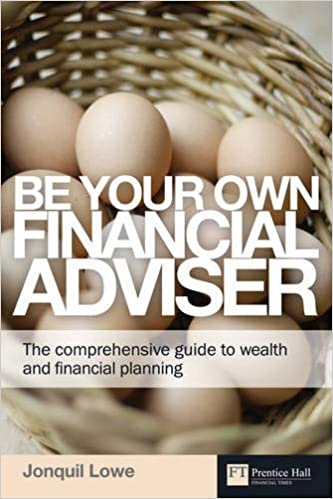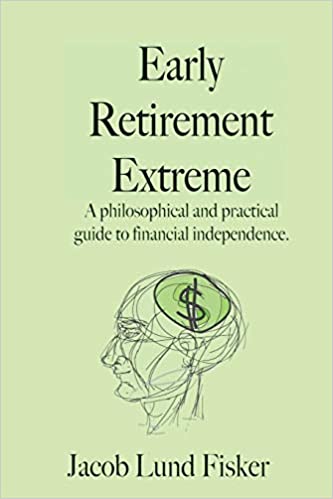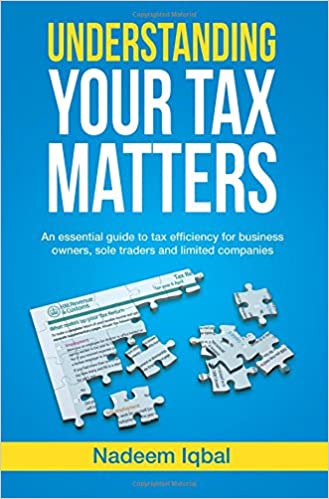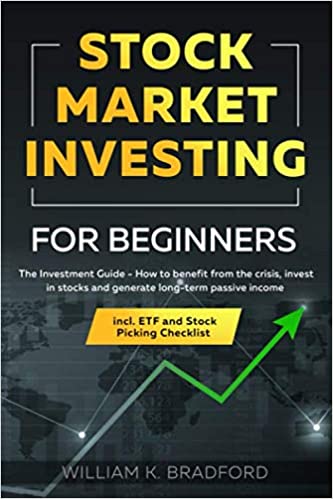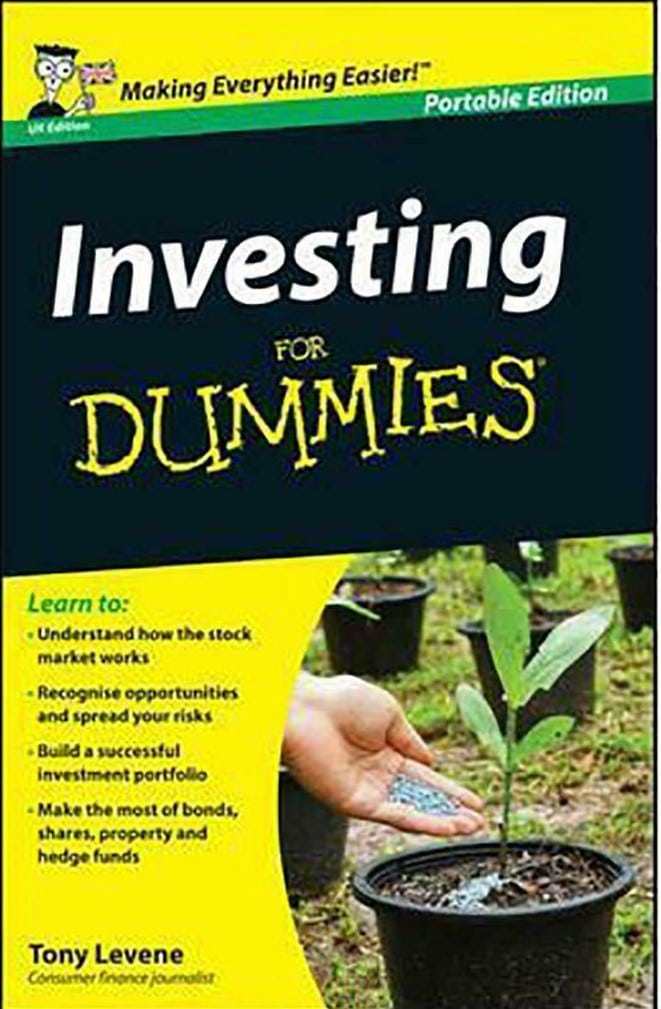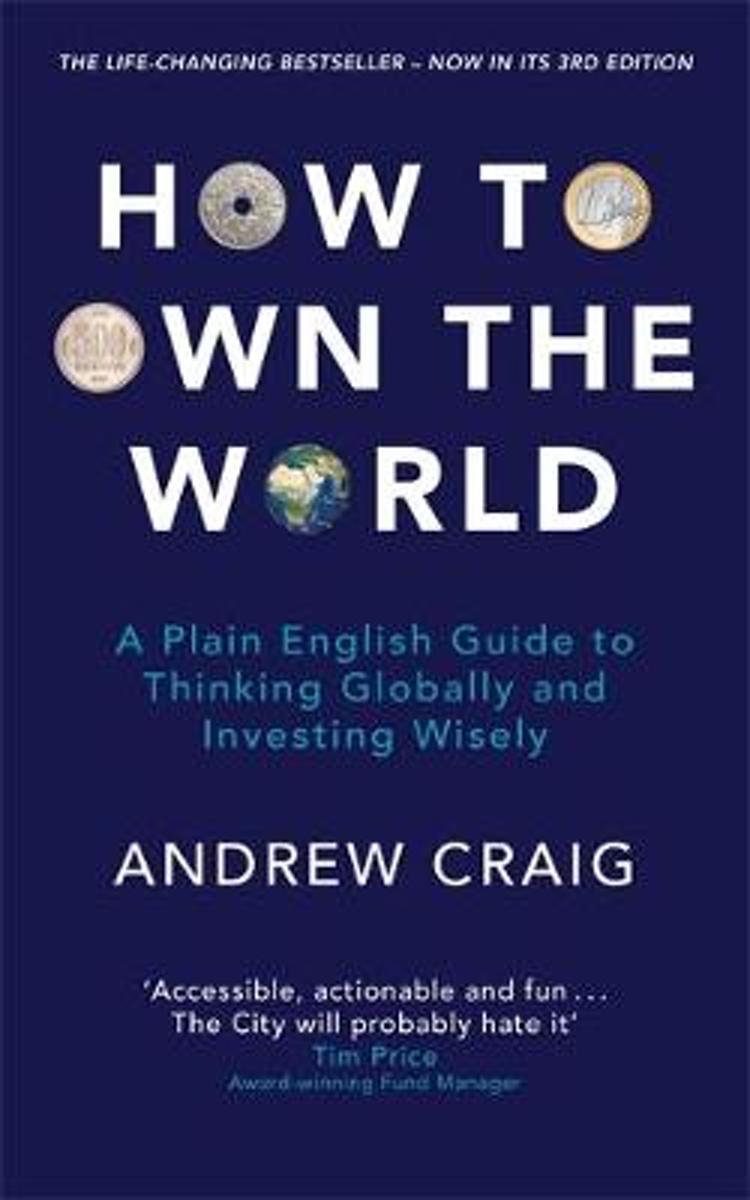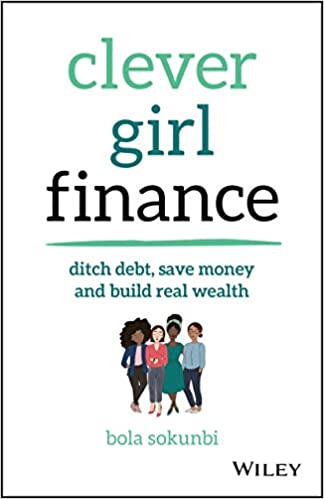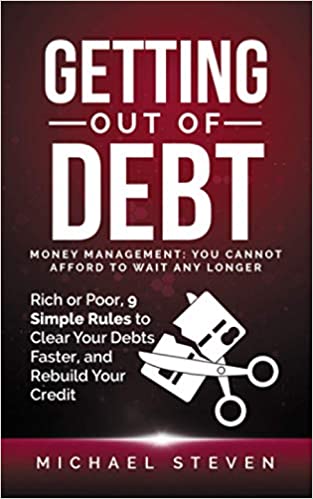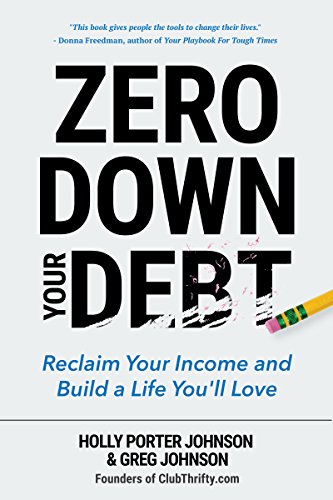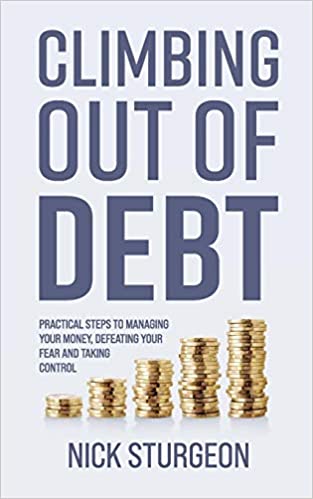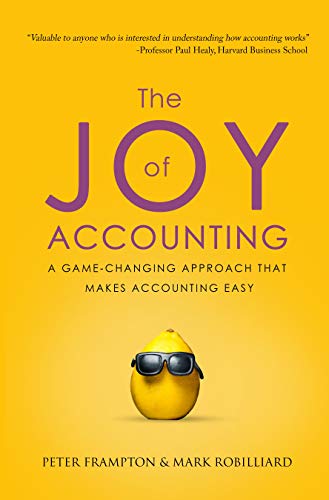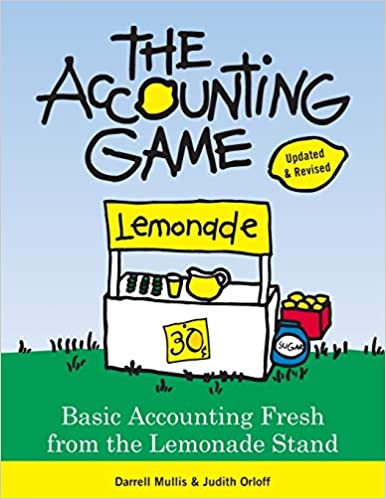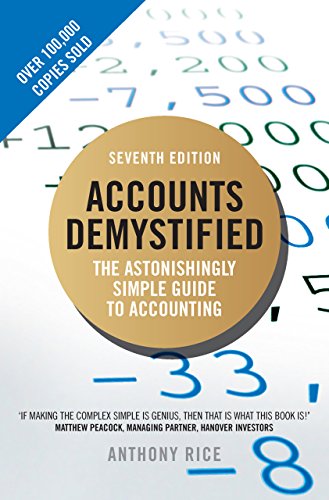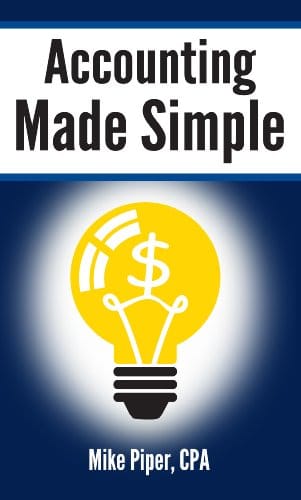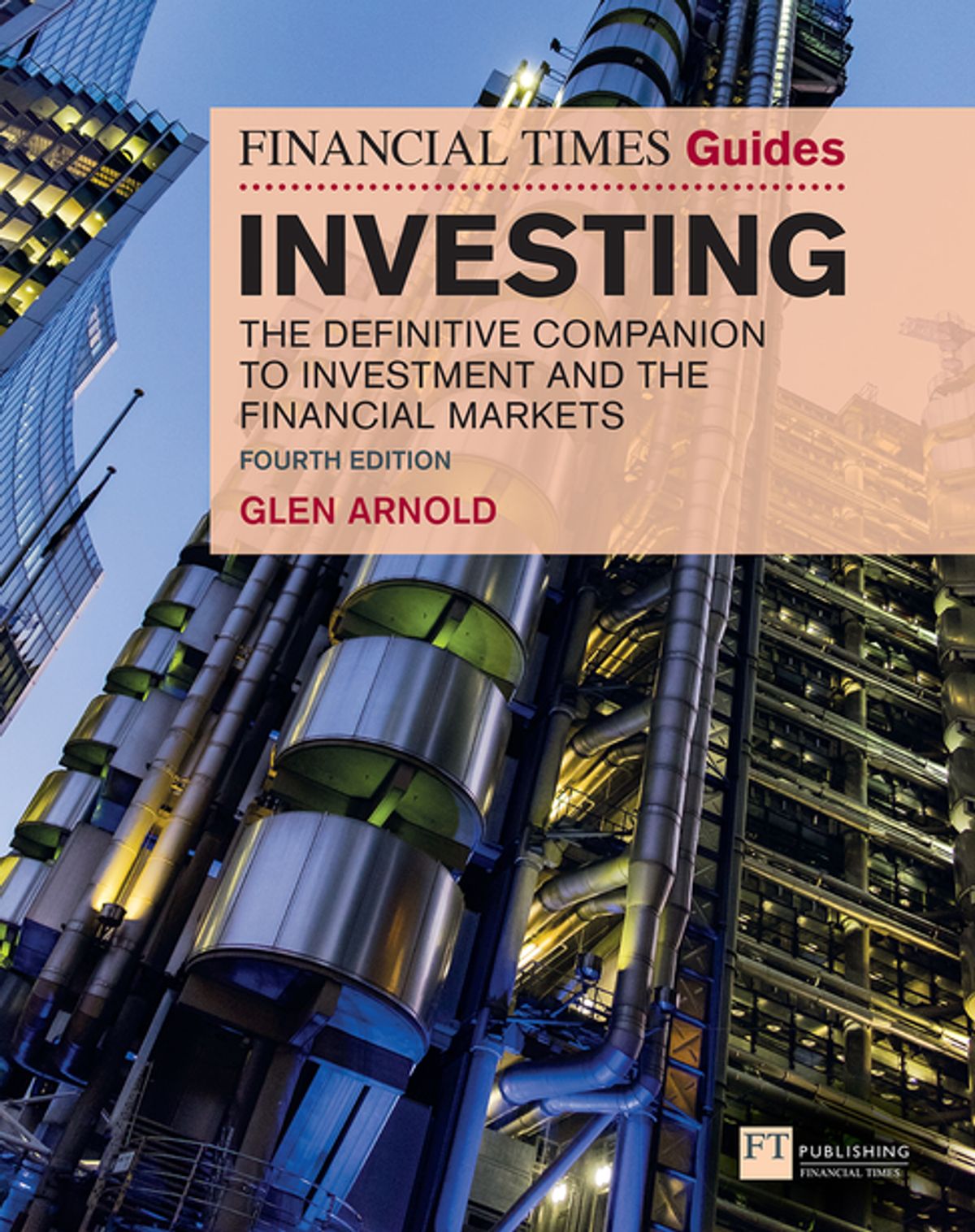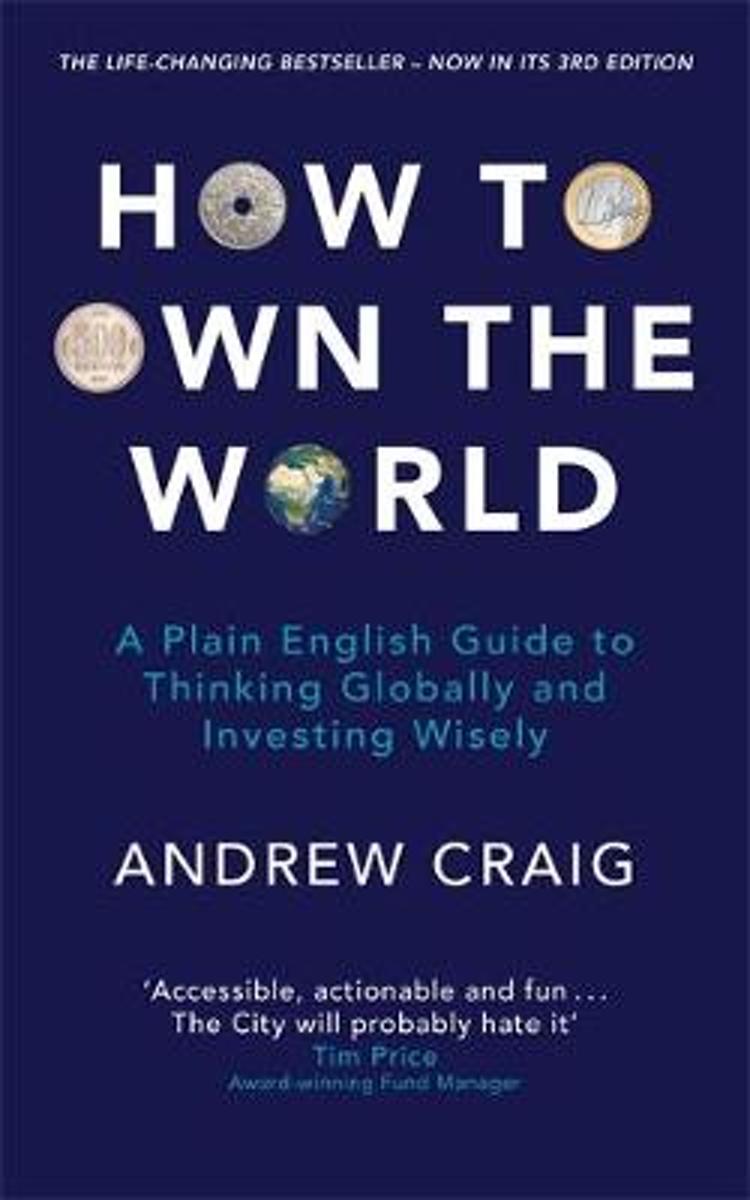Last updated: 20 December 2021. I've ranked the best financial literacy books on this page. If you're looking to understand:
- How to control your personal finances
- How business accounting works
- How to invest
- How to pay back debts
Then this is the perfect page for you. We also have shortlists of books which are dedicated to those specific areas if you'd like to narrow down your financial literacy search further:
- The best personal finance books
- The best financial accounting books
- The best investing books
- The best getting out of debt books
Every finance book on this page is perfect for beginners, so don't worry about these titles assuming much prior learning. These guides are designed to take a beginner from square one to a position of confidence and knowledge.
These beginner-friendly finance books also include valuable insights on dealing with a registered money lender, an essential aspect of financial literacy. They teach beginners how to borrow from legal lenders and learn personal finance.
All books featured are beginner friendly and don't assume much prior knowledge. With prices ranging from £8 - £30, stocking up on a few of the best financial literacy books can deliver the same value as an expensive seminar for only a fraction of the cost. They can even be read for free with Amazon's Kindle Unlimited free trial.
Click on any title below to see the latest price from Amazon, you'll be shocked at how affordable the most popular titles are. As an Amazon Associate, I earn a small commission from qualifying purchases which helps to support this site. This does not impact how I compile the list. Happy reading!
Discover prime books on investing and finance
No boundaries, just your curiosity- Invest with confidence
- Finance industries
- Real estate & real assets
- Exotic investments
- The bigger picture
Books reviewed
Financial Expert 2024 Book Awards
Gold Prize
Financial Times Guides: Investing by Glen Arnold
Financial literacy books to help you plan your future
Life feels better when you feel in control of your financial destinyFinancial literacy books with an investing focus
Finally, you can learn how the stock market actually worksFinancial literacy books which tackle debt issues
Tackle debt with books written about the only subject you care about right now.Simple financial accounting for a casual reader
Accounting doesn't have to be dry or technical - these titles make accounting feel intuitiveDownload all these financial literacy books for free with Kindle Unlimited
You DON'T even need a Kindle device to download booksHere's a useful tip that will save you £100+ on financial literacy books. Sign-up to Amazon's Kindle Unlimited free trial, which offers access to all titles for free for 30 days.
- There's no obligation to continue with a paid subscription.
- You don't even need a Kindle to enjoy - any device will do.
If you're cost-savvy, you'll already be calculating the savings you could unlock and the knowledge you could gain by downloading 5 books over the next 30 days.
My Top 5 Financial Literacy Books for 2022
Click covers to see latest reviews and prices1. How I Invest my Money - Joshua Brown & Brian Portnoy
Financial Expert Rating:
Synopsis:
"The world of investing normally sees experts telling us the 'right' way to manage our money. How often do these experts pull back the curtain and tell us how they invest their own money? Never.
How I Invest My Money changes that. In this unprecedented collection, 25 financial experts share how they navigate markets with their own capital. In this honest rendering of how they invest, save, spend, give, and borrow, this group of portfolio managers, financial advisors, venture capitalists and other experts detail the 'how' and the 'why' of their investments.
They share stories about their childhood, their families, the struggles they face and the aspirations they hold. Sometimes raw, always revealing, these stories detail the indelible relationship between our money and our values."
Who this book is for:
My favourite financial literacy book for saving and investing by a country mile.
Taken as a whole, these essays powerfully demonstrate that there is no single 'right' way to save, spend, and invest. We see a kaleidoscope of perspectives on stocks, bonds, real assets, funds, charity, and other means of achieving the life one desires.
With engaging illustrations throughout by Carl Richards, How I Invest My Money inspires readers to think creatively about their financial decisions and how money figures in the broader quest for a contented life.
Financial Expert Rating:
Synopsis:
"The Financial Times Guide to Investing is the definitive introduction to the art of successful stock market investing by debunking the myth that investing is only for the wealthy.
Bestselling author Glen Arnold covers the basics of what investors do and why companies need them, through to the practicalities of buying and selling shares and how to make the most from your money. Learn how to understand different types of investment vehicles, pick the right companies and understand their accounts so you can compile and manage a sophisticated portfolio.
The fourth edition of this investing classic has been thoroughly updated and will give you everything you need to choose your shares with skill and confidence."
Who this book is for:
A comprehensive guide for those who are serious about becoming financially literate about the stock market and other financial markets.
If you're new to investing, I personally recommend this book as the best resource for understanding:
- How the stock market works
- How companies report their results
- How shareholders fit in to this picture
- How to invest in shares
Financial Expert Rating:
Synopsis:
"Discover the money secret understood by virtually every rich person in history. Turn hundreds into millions through the power of compound interest.
How to Own the World shows you that:
- No one is better placed than you to make the most of your money.
- You can do better than many finance professionals.
- Making money from your money is easier than you think.
- It's easier today than ever.
- It's time to start now."
Who this book is for:
An opinionated and informative title by former US Congressman speech writer and fund manager Andrew Craig.
A title aimed at beginners, yet with plenty to offer to financially literate readers, such as those from professional backgrounds.
If I had a bone to pick, it would be that Andrew advocates a portfolio which could include investing in commodities such as gold bullion. I personally feel that commodities are not safe investments and are only suitable for sophisticated investors.
Financial Expert Rating:
Synopsis:
"Be Your Own Financial Adviser shows you how to make sensible financial decisions without the need for expensive advice.
Its accessible style, examples and case studies explain and evaluate financial products and put you firmly in control of your own financial well-being.
It will advise on how to adopt the best saving, spending and investment strategies, make decisions tax-efficiently, manage risk wisely and protect and enhance your wealth.
Be Your Own Financial Adviser will show you how to:
- Stress-test your financial decisions
- Take advantage of legal tax breaks
- Achieve your financial goals
- Manage and preserve your wealth"
Who this book is for:
Be Your Own Financial Adviser joins this list at #5 because it offers a simple financial literacy guide for anyone looking to manage their money over the long term. It's both accessible and satisfying for beginners.
Let's not understate the value of a book which is both informative and enjoyable at the same time!
Jonquil Lowe frames each chapter of this book through the lens of making better financial decisions.
And who wants anything less than that?
Financial Expert Rating:
Synopsis:
"The Joy of Accounting means that ANYONE can now see how accounting works.
In this book, you will find:
• A simple step-by-step sequence to follow
• Over 150 full-color diagrams
• Explanations of business concepts such as working capital, cash flow, liquidity, leverage, receivables and depreciation.
• Traditional terms explained, like ledgers, journals, debits and credits.
• US and International accounting standards
• Case studies
Benefits of this approach:
• Confidently read balance sheets and income statements
• Take control of your profitability, cash flow and growth
• Budget effectively
• Talk about financial matters powerfully
• Revisit previous accounting studies for deeper understanding"
Who this book is for:
The Joy of Accounting by Peter Frampton & Mark Robillard is nothing short of a joy to behold. Perfect if you want to become financial literate in accounting concepts.
Perhaps you're considering a career in accounting, or you're starting an accounting course and want to get a head start. This is the ideal book to help.
To see complex accounting concepts being framed in a fresh, unique and thrilling way has cemented this book's place at the top of our best accounting books list.
The Joy of Accounting uses a revolutionary system of teaching that’s getting rave reviews at top universities, banks, law firms and business schools.
If this is your first accounting book, I envy the fact that you will be introduced to accounting through these methods.
This book will help build a sense of intuition which you will draw upon when moving onto more technical and challenging areas.
Financial Expert Rating:
Synopsis:
"The seminal guide to the new morality of personal money management" (Los Angeles Times(on the first edition))
In an age of great economic uncertainty when everyone is concerned about money and how they spend what they have, this new edition of the bestselling Your Money or Your Life is an essential read. With updated resources, an easy-to-use index, and anecdotes and examples particularly relevant today-it tells you how to:
- get out of debt and develop savings
- reorder material priorities and live well for less
- resolve inner conflicts between values and lifestyle
- save the planet while saving money
and much more
Who this book is for:
In Your Money or Your Life, Vicki Robin shows readers how to gain control of their money and finally begin to make a life, rather than just make a living.
The Financial Expert™ Best Financial Literacy Book Challenge

I challenge you to read one book per month and see if it revolutionises your investing style!
The Financial Expert™ Best Financial Literacy Book Challenge is a well-loved feature of this website.
It's the perfect challenge to undertake when you're starting afresh on a money-makeover, or you've committed to finally gaining control over your money.
I challenge you to read one financial literacy book per month for the next year, and find your new favourite!
Money as a topic is super-diverse. Let's just think of some of the elements that authors could write about under the 'financial literacy' umbrella:
Earning, budgeting, cutting costs, saving money, buying shares, borrowing, investing in property, retiring, saving tax, passing on money after you're done.
That's a dense word cloud! What's more, it's easy to see how each of those topics deserve several books in their own right to do the topics justice.
So as an avid learner looking to become financially literate, where do you start?
Well with the best financial literacy book challenge, you don't need to agonise over that decision. Start with any financial literacy book which is suitable for beginners.
By committing to picking up 12 books over the course of the year, your starting point isn't what matters. It won't particularly matter in what order you read them.
Another great reason to buy a stack and go for gold is that you will certainly enjoy some authors more than others. In my financial literacy book rankings above, I've naturally excluded any titles which receive generally negative reviews. This should help to separate the boring or dull titles, but its natural for you to prefer some books over others due to their:
- Writing style
- Use of humour
- Density & detail
- Use of visual elements
- Length
By staking your entire financial destiny on the first book you pick up - you're taking a big risk that you will love what you see. By buying 12 and committing to reading them over the course of a year, you can be sure that somewhere in your order cart sits your new favourite financial literacy book!
Some guidance
- I found it helpful to stock up on books for the next few months, so that when a new month rolls around, my next book was my bed-side table asking to be opened!
- Pick a variety of styles. This will keep the challenge fresh and increase the diversity of opinion.
- Pick at least one book that you don't think you would enjoy, this book might be the one that surprises you the most!
- If you're time-starved, audio books are absolutely fine!
Where to begin?
My list of the best financial literacy books above is as good as any place to start, as I have consciously included a mix of different writing and investing styles to ensure that it caters to a wide audience.
Good luck!
Should money topics be tackled in any particular order?
“The hardest thing in the world to understand is the income tax.”
When beginning your financial literacy journey, you could do worse than to think of it as a personal curriculum.
It doesn't have to be as formal as our free investing courses, but you could still visualise it as a structured path to take you from where you are now, to where you'd like to be.
The question becomes - what topics are perfect to begin with, and which topics make sense to begin later. This is a sensible question, as some aspects of money are very simple, while other aspects are only understandable when you already understand the building blocks before it.
Tackling financial literacy books in this order should make life easier:
1. Budgeting and cost cutting books
Perhaps the most core principle of becoming properous and financial successful is our ability to control what we spend.
Even lottery winners go bankrupt. In fact, they do so with alarming frequency.
What this shows is that income is not the solution to financial problem - our spending patterns are. For this reason, I would recommend getting the budgeting and cost-cutting basics right before you move on.
2. Income and employment books
The next element to our financial success is our income, and this will usually take the form of a wage or salary.
In my opinion, getting this piece right is far more important than knowing where to invest
If you can find a well-paying job, with an upward trajectory and you feel that it's a good fit for your skills, then you've already gotten 70% of the way to financial prosperity.
That's because this is a long term, strategic advantage which will result in significant inflows over the rest of your life. This will vastly outweigh the additional returns you could earn on your savings by investing it in a sophisticated way.
Someone on a high income, saving their cash in a simple bank account, will be able to save more than someone on a low income investing very carefully into an investment portfolio.
Therefore the financial literacy priority has to be secondly on growing your income.
3. Investing
Finally I would tackle the investing topics like how to build a portfolio of investments.
The difference between receiving 1.5% interest on your bank account, or achieving a 5% annual return in the stock market is HUGE over a 30 year period. The latter will result in triple the amount of savings as the first.
Therefore once you're in a position where you're on the path to a good wage, and you're able to control your costs to put a good sum of money away each month, then becoming financially literate with investments is the final element to complete your journey to financial prosperity!
Explore the best books in more genres
General personal finance
Trading the financial markets



